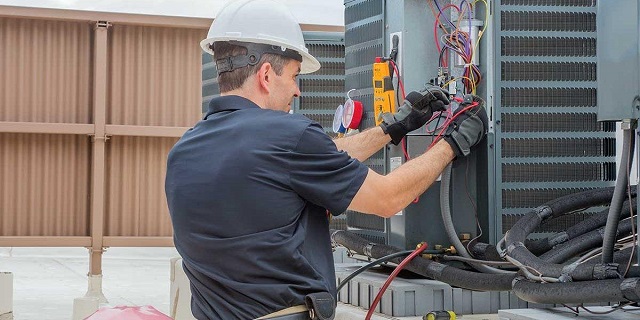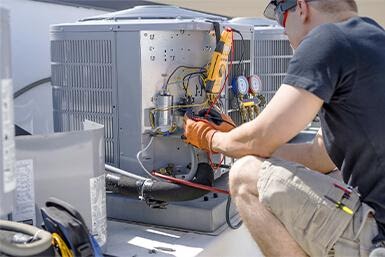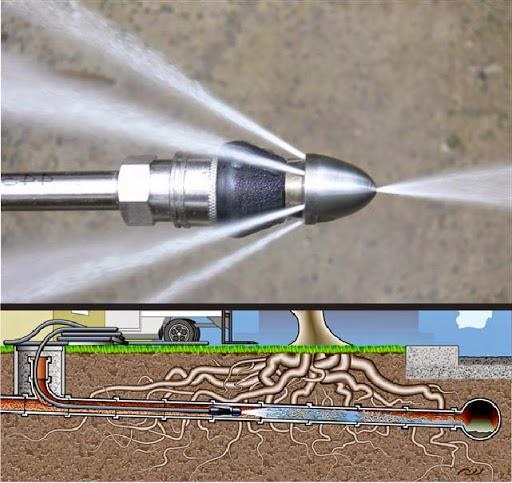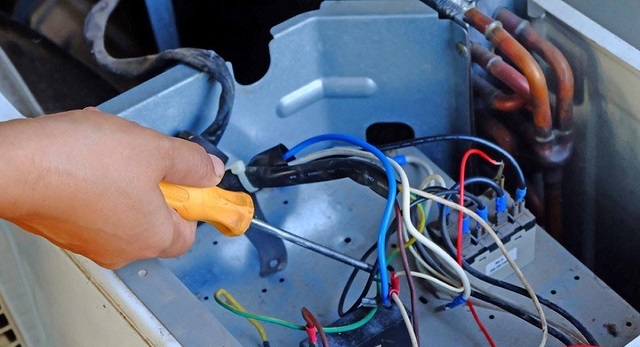6 Ways You Can Prevent Costly HVAC Repair Costs
HVAC is a necessary system that keeps us cool in summer and warm in winter. As you use it continuously, the system can be under a lot of strain and break down with time. You can prevent this from happening by performing routine maintenance and get any issues in the system before they occur. Maintenance will also save you from replacing the system or incurring more costs.
HVAC energy costs take a large percentage of your business operations, especially for companies that need to use electronic machinery, equipment, tools, and devices for extensive hours. Business owners who live in deregulated markets like Texas can compare business electricity prices online. This can help cut their costs.
Regular checks and preventive maintenance repairs can save money. Through frequent repairs, you can know if you need to purchase new nri industrial HVAC replacement parts. Below are ways to prevent costly HVAC repair costs through regular maintenance to ensure your HVAC functions properly.
- Clean the heat pump or condenser
Outdoor heat pumps and air conditioners can get dirty. This causes the system to work harder to create the warmth and cold air you need in the home. When you clean the heat pump and condenser, you reduce damage to the internal components.
Make sure the sides and tops of your air conditioning unit have no debris. Clean the fins with the garden hose to ensure you get in between the crevices and get the gunk out. Also, check if your unit is level so that the refrigerants work well and prevent the risk of breaking down.
You would like: A Guide to Buying Commercial Freezers and Refrigerators
- Annual or regular checkups

Checkups, in most cases, are an onsite visit from a technician who can examine the HVAC system. The inspection depends on the technician, they can do the cleaning of coils, drain lines, checking the air filter, refrigerant level, among others.
Complete a professional checkup once a year to ensure the unit does not break when you need it during the high winter and summer months. A serviced HVAC means all components are inspected, cleaned, and working at their best. This prevents unexpected repair bills and costly energy bills.
- Have a smart AC controller
Have a smart HVAC system and access additional features to help with preventative maintenance. As an example, smart AC controllers allow you to receive alerts and monitor your usage history.
Depending on the one you buy, it can detect when your AC is not performing at its best, among other things. In other modes, you can activate the system depending on location and set time. In this way, you ensure your HVAC system keeps performing efficiently, no waste energy, nor does not run unnecessarily.
- Check the filter

A dirty air filter is an apparent reason for repairing your air conditioner. Changing the filter improves the air conditioner’s efficiency, decreases the likelihood of needing repairs, reduces energy costs of heating the home. Monthly check your filter to ensure it is not clogged or dirty. If it is, wash it and run air over it. Change your filter at least once every month.
Replace it immediately if it looks dirty than usual, especially if you have any pets. If you are using a reusable filter, clean it with a soft cloth gently, and you can add soap and water. If the members of your household have allergies, use a hypoallergenic filter or HEPA, for they help purify the air.
- Keep the outdoor unit clear
Since the outdoor unit is exposed to weather continuously and environmental factors like debris and dirt, it is vital to keep it clear. This ensures the exhaust air is ejected effectively and prevents vegetation and growth from covering the outdoor unit.
Also, sometimes the leaves and branches can get inside the outdoor unit and interfere with the proper functioning of the fan. Do some DIY job of trimming any bushes around the outdoor unit to save on unnecessary expenses.
- Clean the drain lines

Along with cooling, an air conditioner takes the moisture from the air. Then the moisture accumulates the drain lines and is directed outside. Over time, the accumulation of dust and dirt clogs the drain lines, and it can also become a home for algae.
Therefore, it is vital to clean the drain line. Use a piece of cloth to clean the drain line and rinse with a mixture of vinegar and water to remove any mold that may be forming. Do this often to maintain clean drain lines in your unit.




